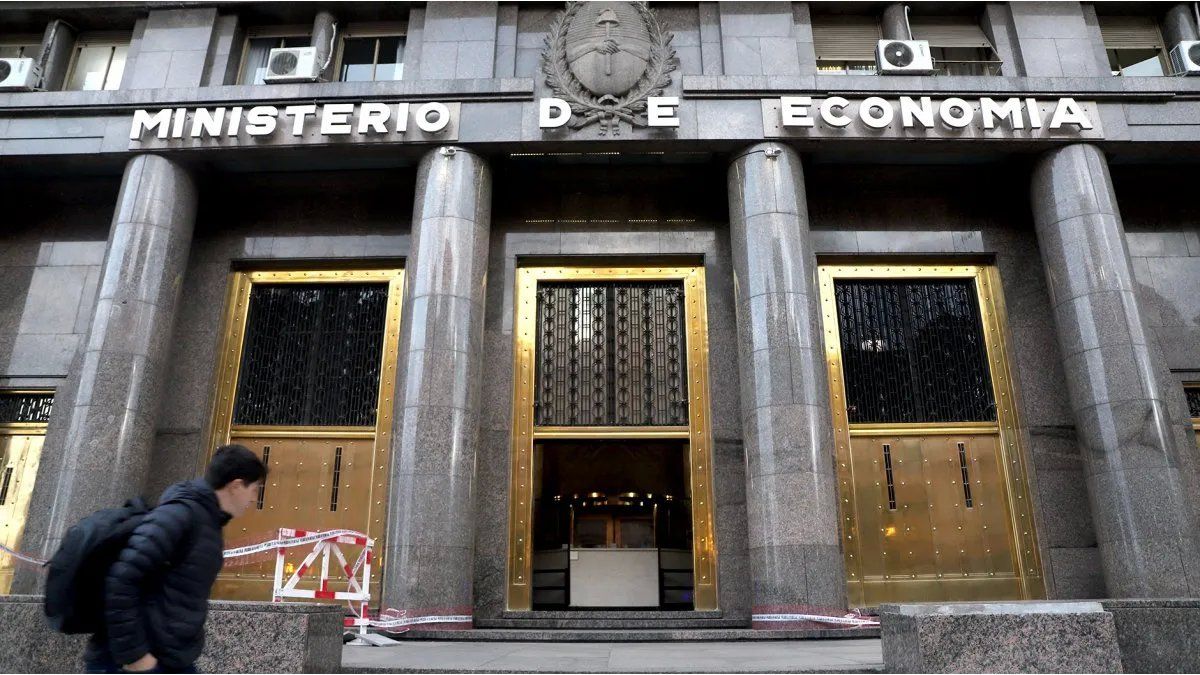In its goal of zero deficit, Milei should focus on reducing superfluous public spending. Focusing on the balance of public accounts assuming that it would be enough to automatically reduce inflation would be a serious diagnostic error.
He Government headed by Javier Milei insists on compliance with zero fiscal deficit, but it should make more effort to achieve this objective through a significant reduction in the superfluous public spending.
The content you want to access is exclusive to subscribers.
A few days ago the Minister of Economy, Luis Caputo, announced the removal of the fiscal chapter of the omnibus law. In the deleted section, measures related to public revenue are proposed, such as the increase in export duties, a new moratorium and money laundering. Beyond the political “defeat” of the Government, the head of the economic portfolio reaffirmed his commitment to zero deficit. But is this the way to get the economy back on track?

There is a risky simplicity in traditional fiscal adjustments. Try to eliminate the deficit with more distortive taxes, like export duties, is a counterproductive strategy because it suppresses production. The end (zero deficit) does not justify the means (tax increases).
Focusing all attention on showing balance in public accounts, assuming that this would be enough to automatically reduce inflation and reactivate production, would be a serious diagnostic error.
Milei in Davos.jpg

The problem of the Argentine State does not lie in its income (the taxes it receives from citizens) but in its large and unbridled spending. Reaching zero deficit should be the consequence of applying the chalk (to cross out) and the saw (to cut) on the enormous and inefficient disbursements that the State carried out with the taxes of the population and the monetary issue. Fiscal balance must be the result of the State’s regulation, not the increase in taxes. Pursuing fiscal balance in isolation will lead to new frustration.
The fiscal result of the national public sector in 2023 was a primary fiscal deficit of 3% of GDP and if we add to this the payment of interest on public debt we obtain an imbalance of almost 6% of GDP. This gap in expenses with respect to income has always been financed via increased taxes, taking on public debt or issuing money. But at the moment Argentina has access to credit closed and “hitting the monetary machine” puts the country on the brink of hyperinflation.
The reality is that the country “has plenty of past” with the fiscal deficit when we remember that Of the last 123 years we had a deficit in 113 years. These numbers show that the imbalance in public accounts is chronic.
This negative fiscal history has always been accompanied by the creation and increase of bad taxes. To size Only a third of national tax revenue comes from VAT and Profits, which are the taxes on which the most organized States rely. The remaining two thirds come mainly from taxes that penalize employment and production (social charges, export withholdings, import duties, internal taxes, check tax, among others).
For its part, the false rhetoric of the “Present” State has expanded its functions and increased the budgets of non-priority areas in exchange for the decapitalization of the population. Entrenching very bad public spending management practices and with a deep disregard for efficiency. In such a way that the current crisis and eternal decline are the consequence of chronic failures of the State.
Achieve zero deficit through a clean-up and ordering of public accounts without hindering productive activity, They are the first measures necessary to reverse the tragic history of the Argentine economy.
Source: Ambito
David William is a talented author who has made a name for himself in the world of writing. He is a professional author who writes on a wide range of topics, from general interest to opinion news. David is currently working as a writer at 24 hours worlds where he brings his unique perspective and in-depth research to his articles, making them both informative and engaging.




